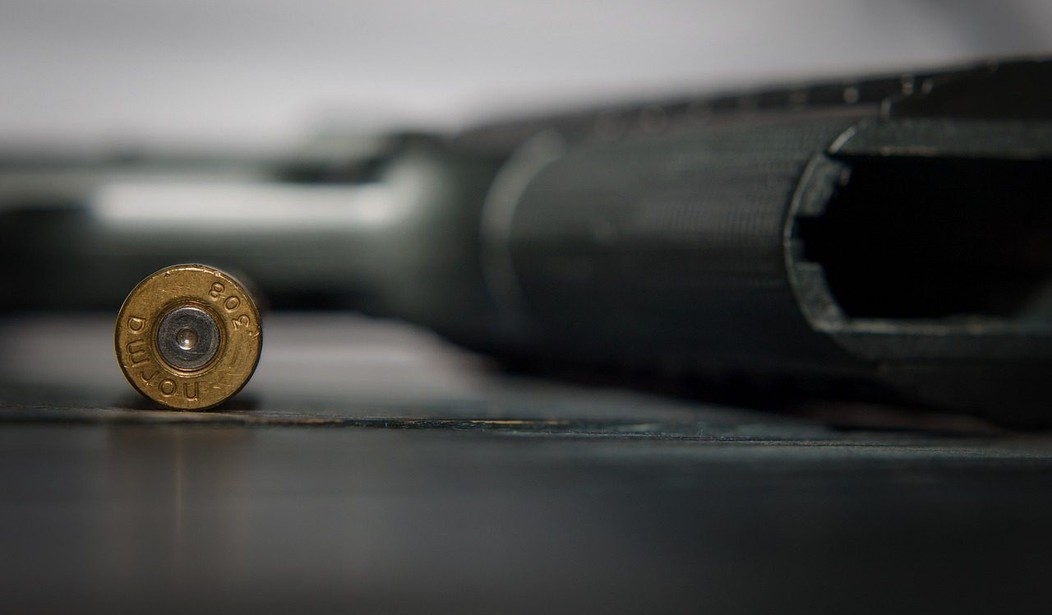For decades now, we've heard anti-gunners proclaim the wonders of "smart guns" that use biometric or RFID technology to prevent unauthorized users from being able to pull the trigger. The problem with their claims is that the tech doesn't always work as advertised. The first "smart gun" to come to market was the Armatix iP1, which was widely praised by gun control fans, at least until it was revealed that the RFID safeguards could be easily defeated with a small magnet.
Over the past decade we've seen other companies announce their plans for "smart guns", very few of which have come to market. Biometric tech has become more widespread in gun safes than in firearms, but that could change after a massive recall was announced this week.
Four models of gun safes with automatic locks were recalled on Thursday morning, prompting a commissioner with the U.S. Consumer Product Safety Commission (CPSC) to call the products "ticking time bombs."
A total of 120,520 gun safes were recalled on Thursday. The four different models were sold at Walmart, Amazon and Bass Pro Shops nationwide.
The safes were recalled because the biometric lock could fail or be opened by unauthorized users, "posing a serious injury hazard and risk of death." The "deadly" hazard is widespread in products across the nation, and the CPSC urged consumers to "immediately stop" using the biometric lock feature and remove the batteries.
Once the batteries are removed, consumers should only use the keys for the safe to retrieve firearms until they receive a free replacement from the company from which they purchased the safe.
Impacted companies are Bulldog Cases, Machir, BBRKIN and Awesafe.
According to the CPSC, there have been more than 90 incidents where unauthorized users were able to get into the safes despite the biometric protections, which begs the question: if this biometric technology isn't working as advertised in gun safes, why would anyone think it would work any better on a "smart gun"?
I'm not opposed to technological advances, but I do take issue when we're told we're just standing in the way of progress by not supporting "smart gun" mandates or even offering a skeptical take that the tech in question is truly a step forward. As far as I'm concerned, introducing a biometric or RFID system just adds another potential point of failure, whether we're talking about a gun safe or the firearms inside, and if I ever need to access my firearm for self-defense I don't want to have to cross my fingers and hope that the electronics are working like they're supposed to.
I have no interest in "smart guns" or "smart safes", and I don't think that makes me a Luddite; just someone who's well aware that systems can fail. The simpler the better, as far as I'm concerned, and I see no reason to part with my "dumb" guns and old-fashioned safe at this point. It's not just a matter of allowing unauthorized access, but ensuring that authorized users can access a gun if necessary as well, and I'm unconvinced that biometric tech will ever live up to the promises offered by developers, gun control advocates, and politicians.









Join the conversation as a VIP Member